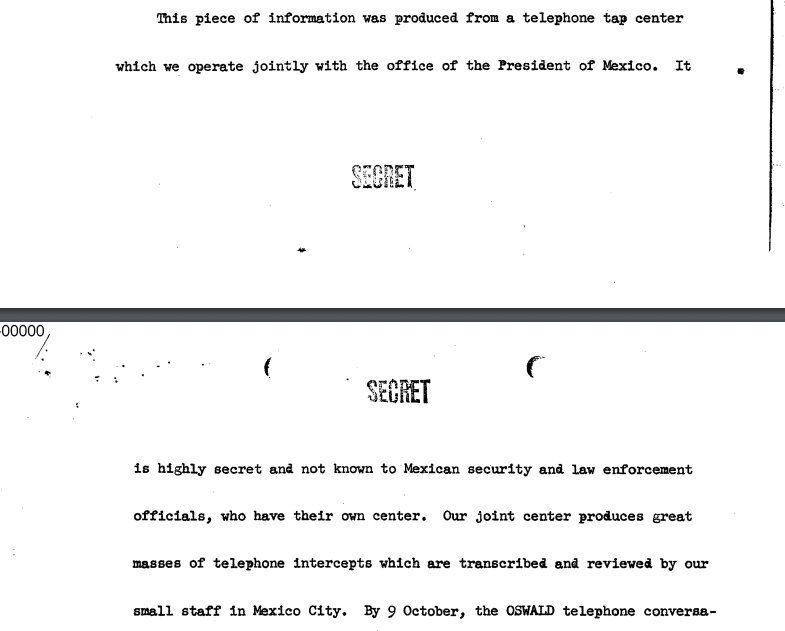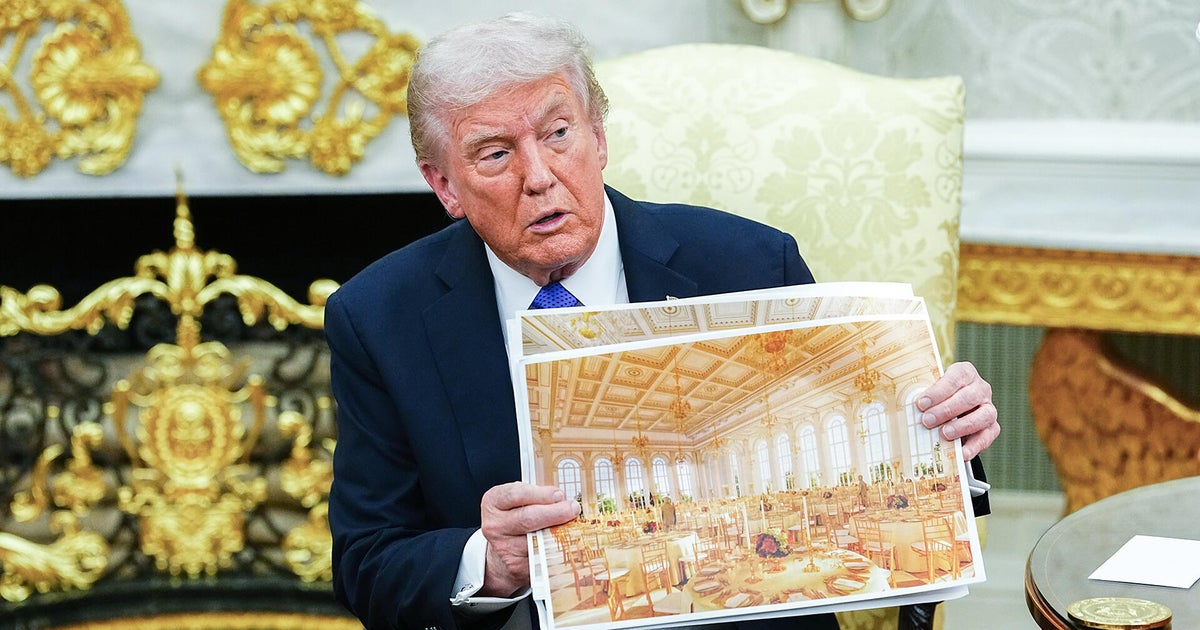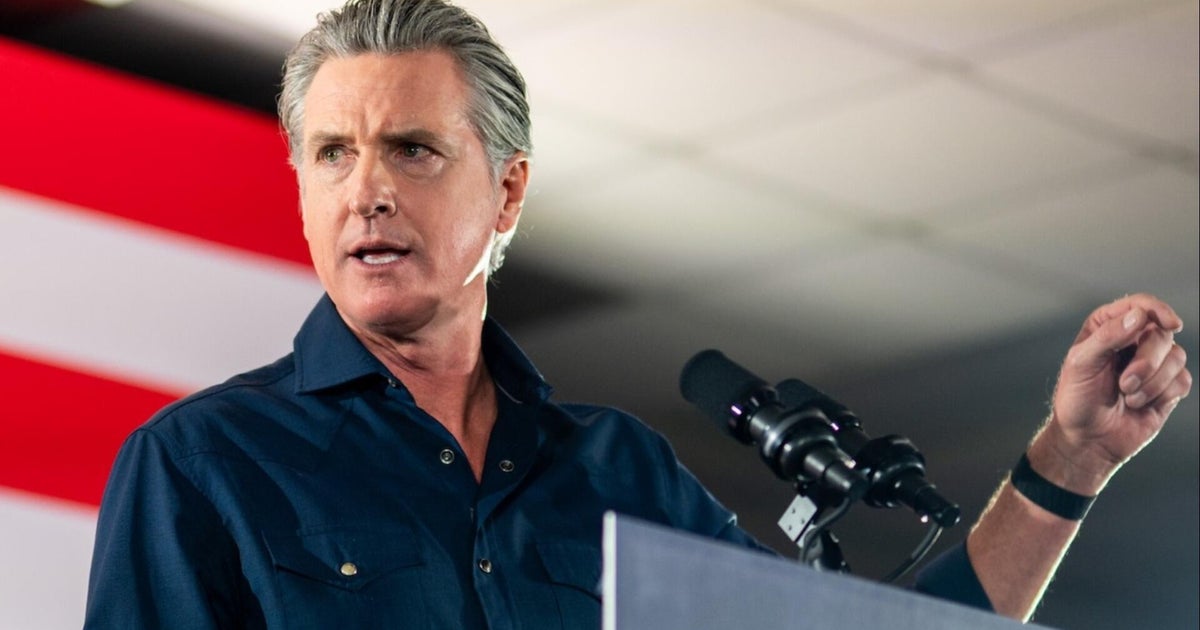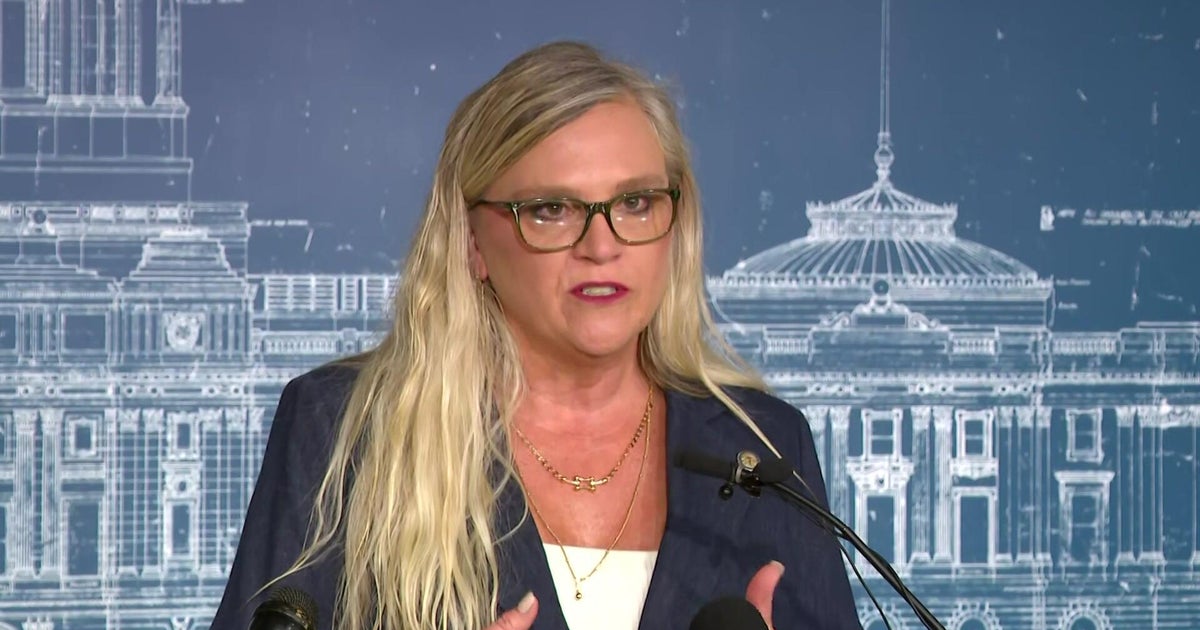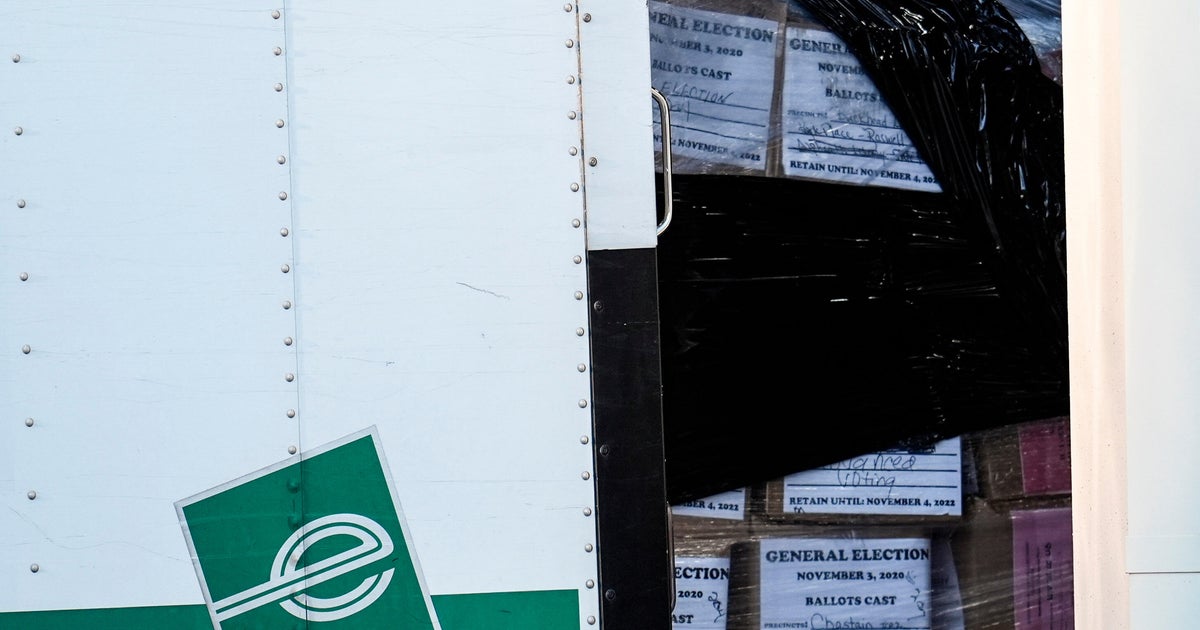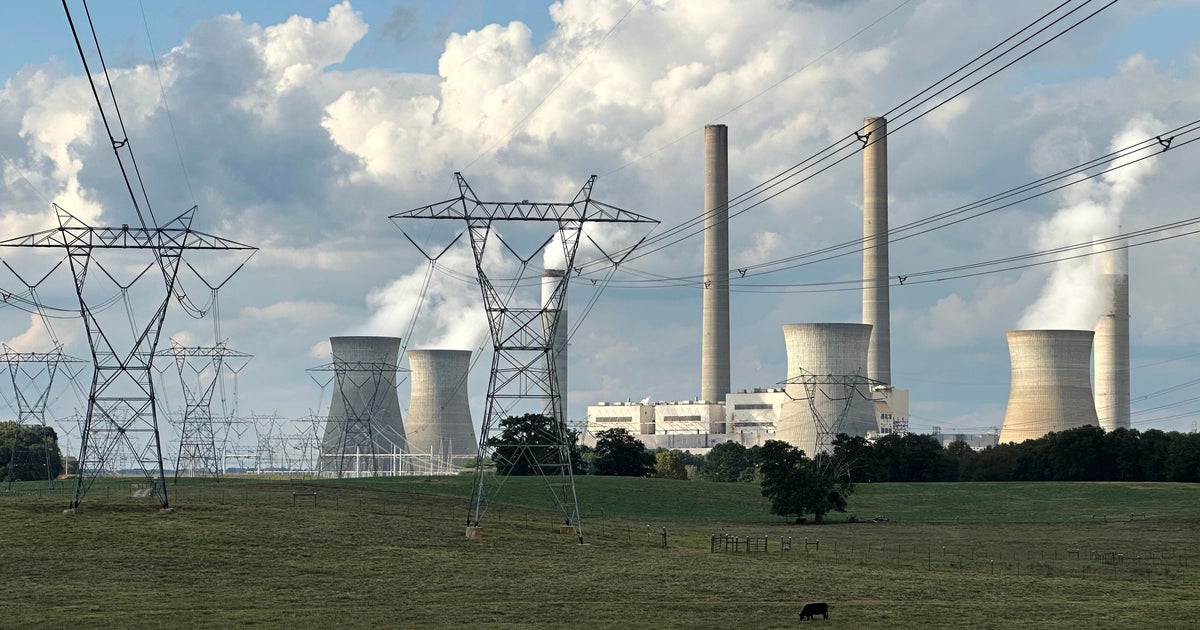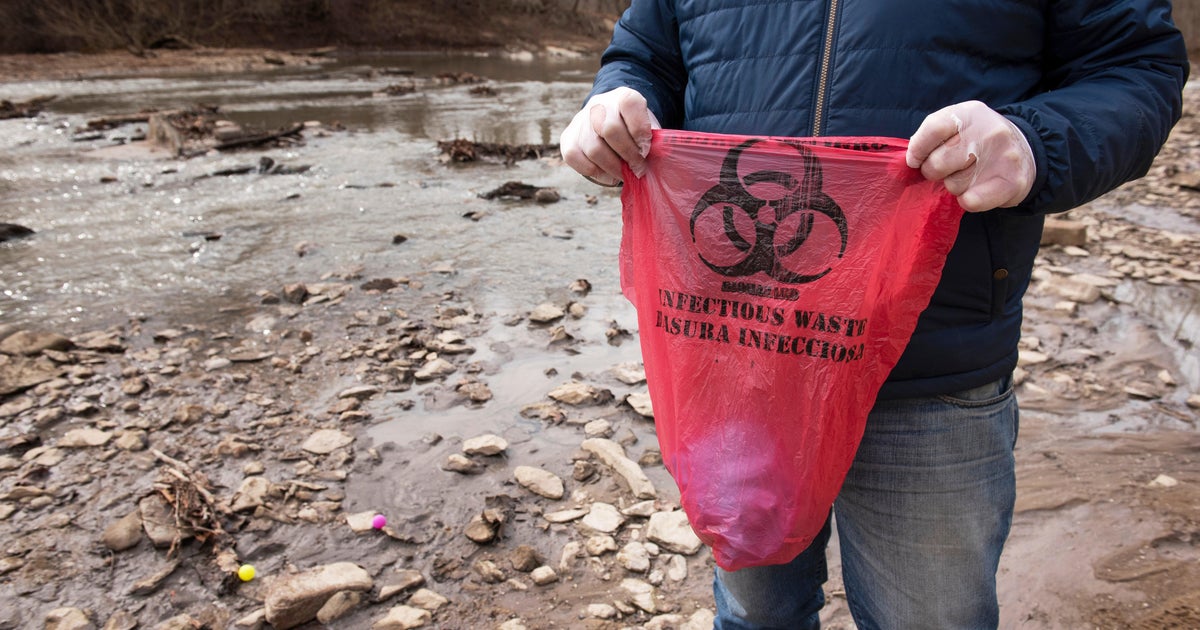National Archives releases 13,173 more JFK assassination files
Washington — The National Archives and Records Administration released a trove of 13,173 documents related to the assassination of President John F. Kennedy on Thursday, shortly after President Biden issued an executive order authorizing their disclosure while keeping thousands of other sensitive records under wraps.
"Pursuant to my direction, agencies have undertaken a comprehensive effort to review the full set of almost 16,000 records that had previously been released in redacted form and determined that more than 70 percent of those records may now be released in full," Mr. Biden wrote in his order. "This significant disclosure reflects my Administration's commitment to transparency and will provide the American public with greater insight and understanding of the Government's investigation into this tragic event in American history."
With the latest release, the Archives said 97% of the roughly 5 million pages in its collection related to the assassination have been released to the public. But some experts said the government continues to redact or withhold important information that might cast the CIA or other agencies in a negative light.
Kennedy was shot and killed while riding in his motorcade through Dallas on Nov. 22, 1963, at the age of 46. An investigation led by Chief Justice Earl Warren concluded that Lee Harvey Oswald, a former Marine and communist activist who had lived in the Soviet Union, acted alone in shooting Kennedy, but the probe has been widely criticized by academics and historians in the nearly 60 years since the assassination. Oswald was shot and killed in the basement of the Dallas police headquarters two days after Kennedy's death, further fueling conspiracy theories about whether he was solely responsible.
A preliminary review of the files included in Thursday's release by CBS News did not appear to uncover groundbreaking revelations. Longtime JFK-watchers had hoped the trove would shed more light on what the U.S. government knew about Oswald before Kennedy's assassination, particularly his activities in Mexico City in the weeks before he opened fire in Dallas.
One document written by a CIA officer in December 1963 detailed the agency's interception of Oswald's communications with the Soviet Embassy in the Mexican capital. A comparison with a previously released version shows redactions obscured the fact that the wiretap operation targeting the Soviet Embassy was a joint effort with the office of the Mexican president, an arrangement that was "highly secret and not known to Mexican security and law enforcement officials."
The Mary Ferrell Foundation, a nonprofit group that maintains an online database of records related to the assassination, sued the Biden administration in October, accusing the government of failing to abide by the 2017 deadline for the release of all documents.
Jefferson Morley, the group's vice president and an author of several books about the assassination, said Thursday that he and other experts were just beginning to pour through the documents, but added that "initial results are not encouraging," pointing to several key documents that remained redacted in Thursday's release. Rex Bradford, the foundation's president, called the release "half a loaf."
"The amount of documents released may look impressive, but at least spot checking ... there are a lot of documents released with similar redactions that they had before," Bradford said on a call with reporters.
As an example of one record that the government was still partially concealing, Morley pointed to a memo written by Kennedy adviser Arthur Schlesinger in 1961 after the disastrous Bay of Pigs invasion, in which Schlesinger was sharply critical of the CIA. A page and a half of the document, entitled "CIA Reorganization," remains redacted, which Morley said was "not a very good sign."
"[The memo] clearly indicates that people around the president had a lot of qualms about the CIA and were rethinking it," Morley said. "It's an important document about what Kennedy was thinking after the Bay of Pigs. It's really incredible to me that this document hasn't been released."
Under the President John F. Kennedy Assassination Records Collection Act of 1992, the government was required to release all documents related to the assassination by October 2017, unless doing so would harm national security or intelligence sources, or violate certain privacy protections. Then-President Donald Trump released thousands of documents over the course of his presidency but withheld others on national security grounds.
In October 2021, Mr. Biden released nearly 1,500 more documents while delaying the release of other sensitive records until Dec. 15, 2022, saying further review was necessary to "protect against identifiable harm to the military defense, intelligence operations, law enforcement, or the conduct of foreign relations."
The Archives said last year that "[a]ny information currently withheld from public disclosure that agencies do not propose for continued postponement" beyond Dec. 15 would be released, which left open the possibility that federal agencies could seek to further delay the unveiling of some of the outstanding records.
The president wrote in his Thursday order that federal agencies have now "identified a limited number of records containing information for continued postponement of public disclosure," some of which would be concealed by redactions, while others would remain unreleased. Mr. Biden also noted that the acting archivist identified some records that still need to be reviewed.
The executive order set a new deadline of May 1, 2023, for the Archives and relevant agencies to propose and review redactions beyond June 30, 2023.
Robert Legare contributed reporting.
